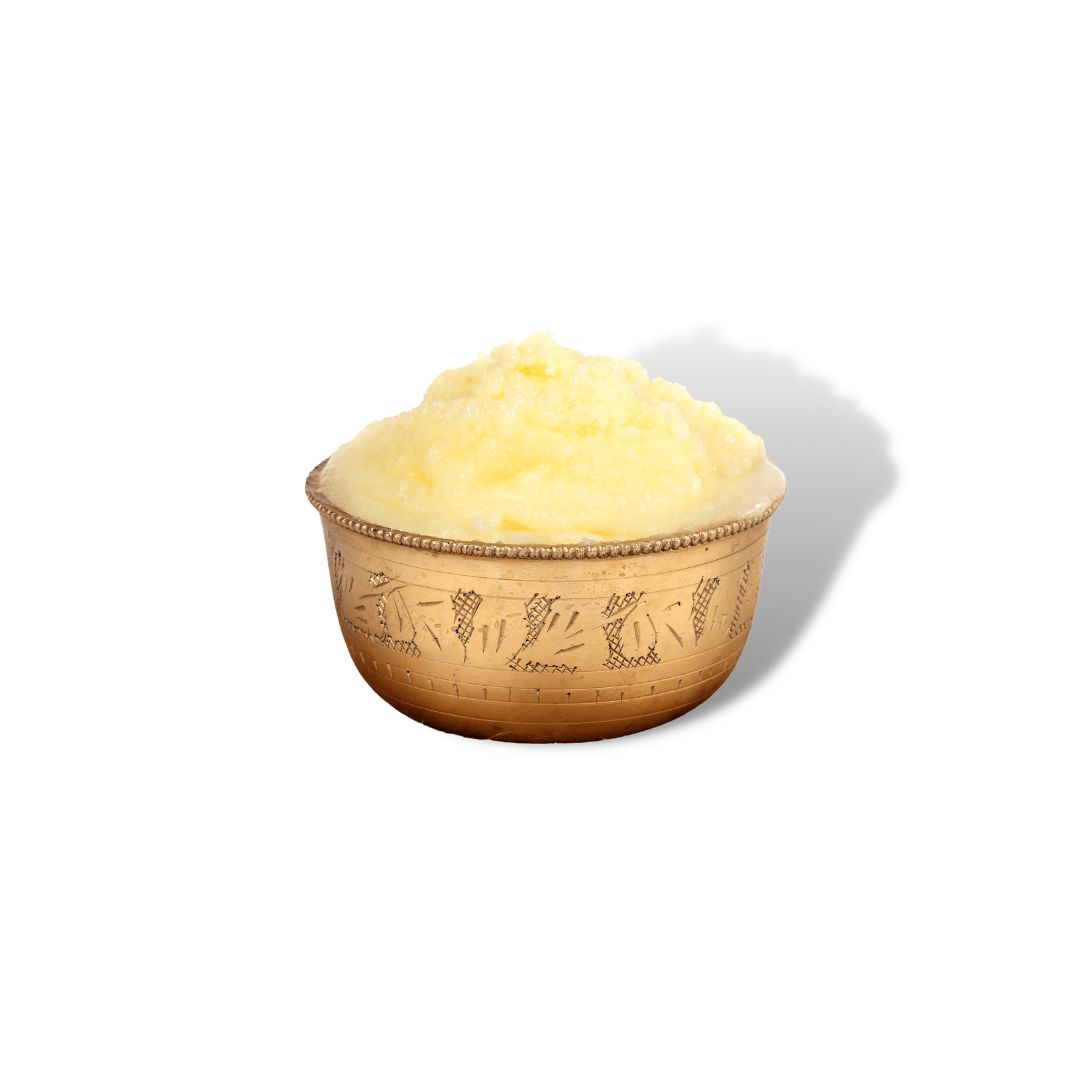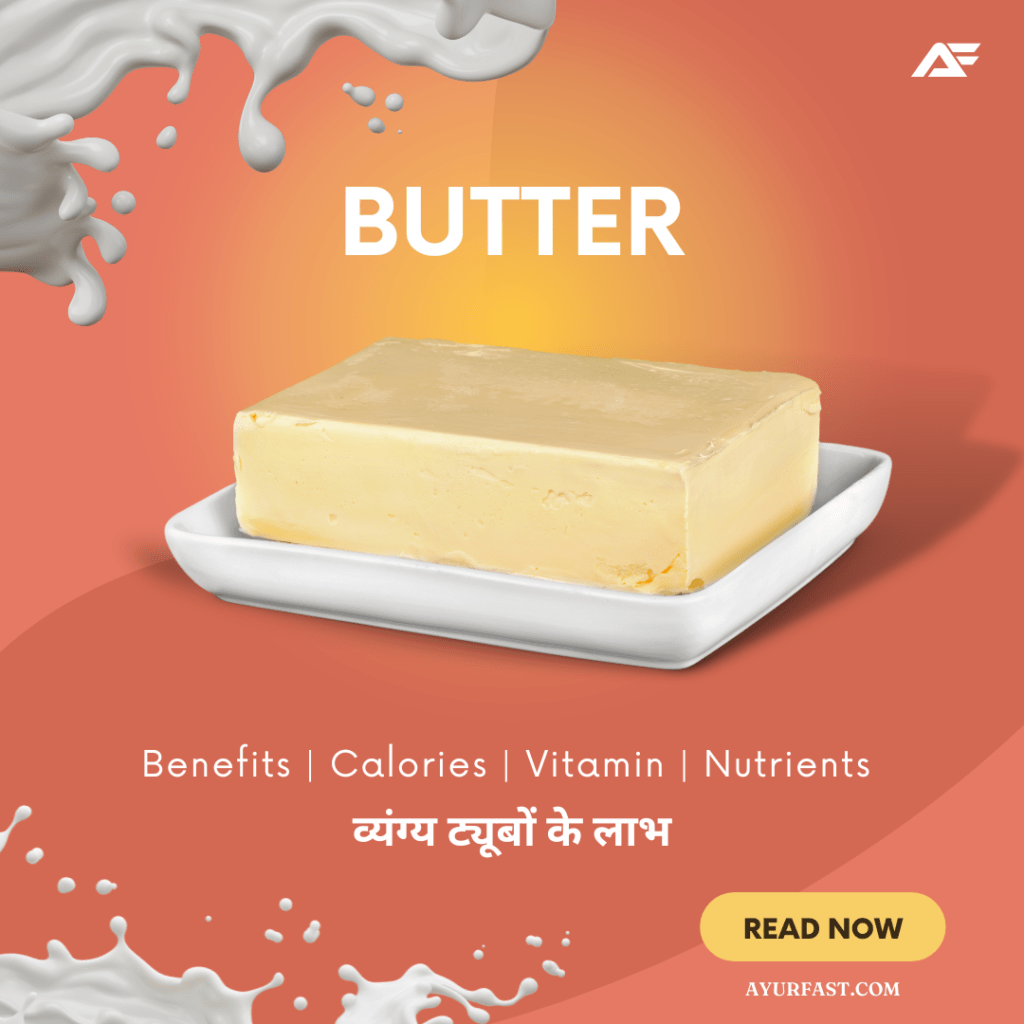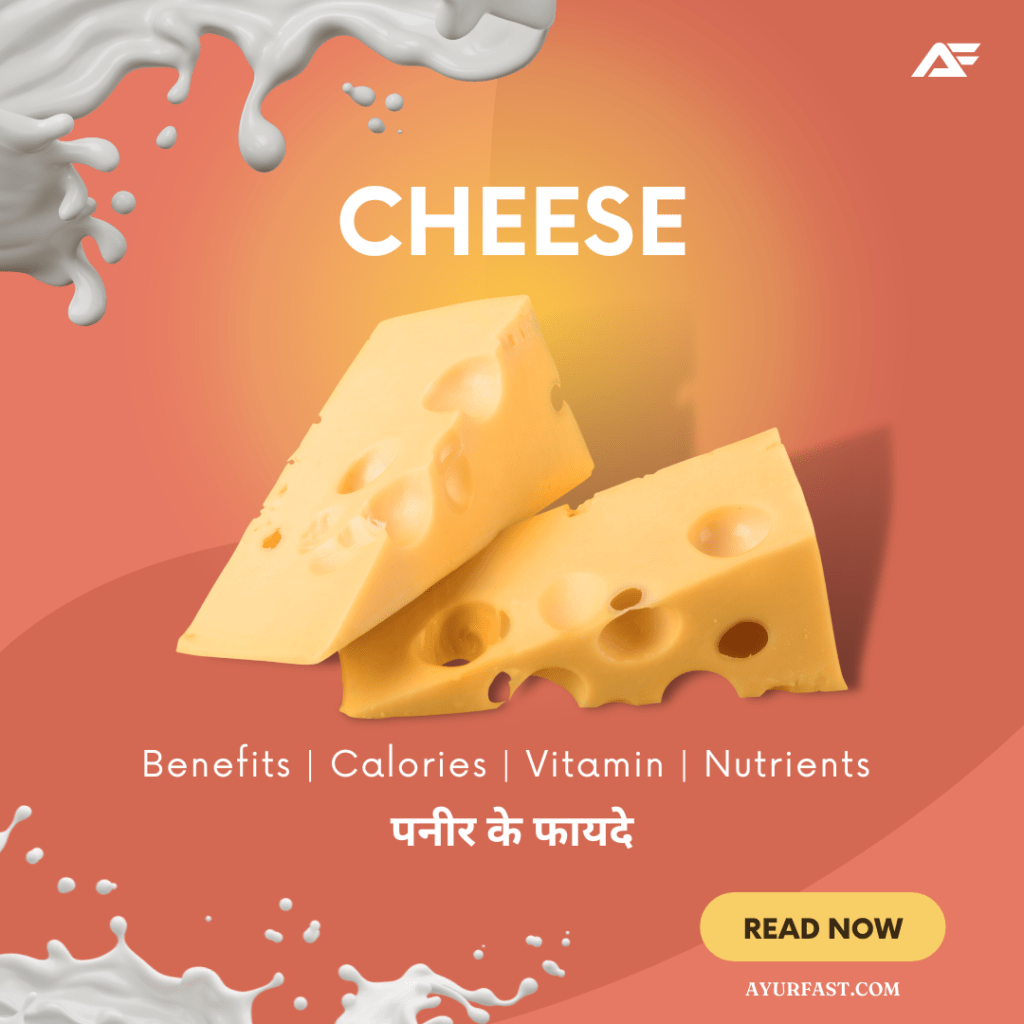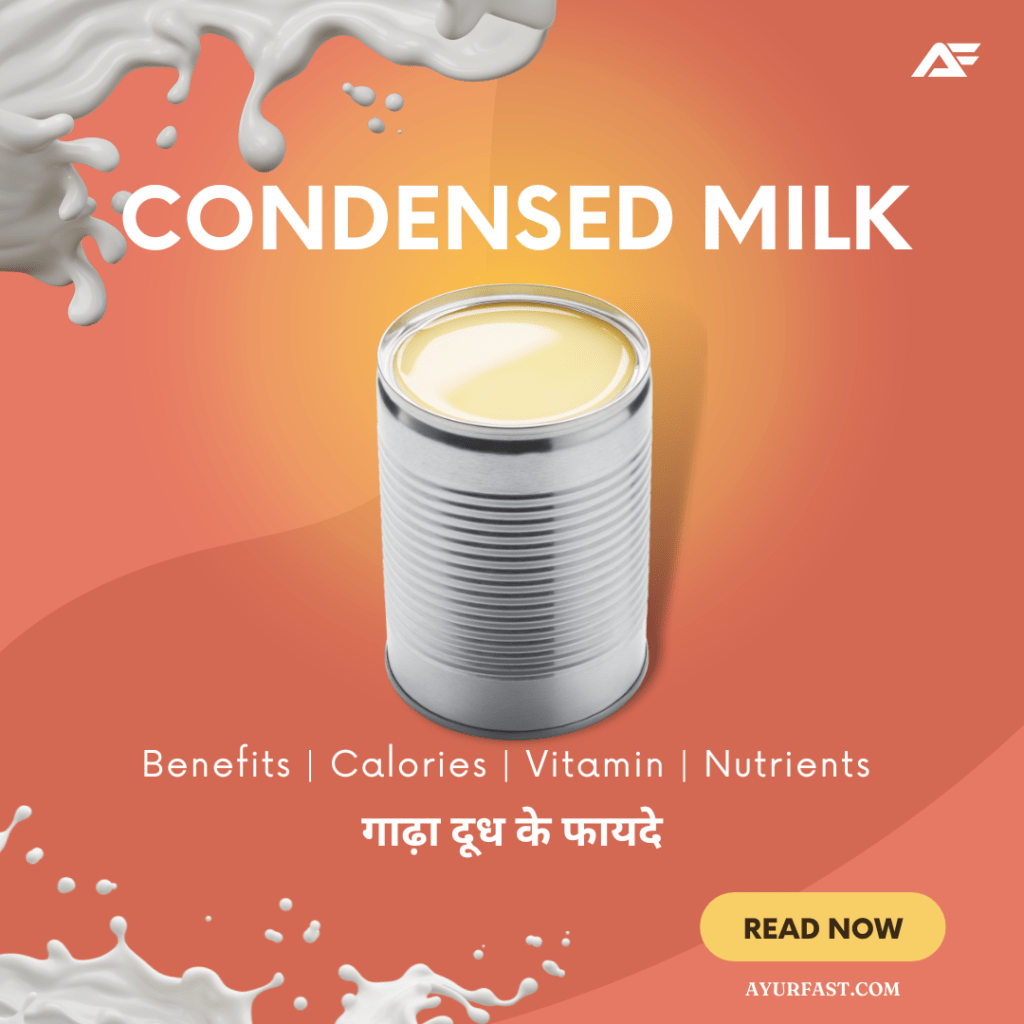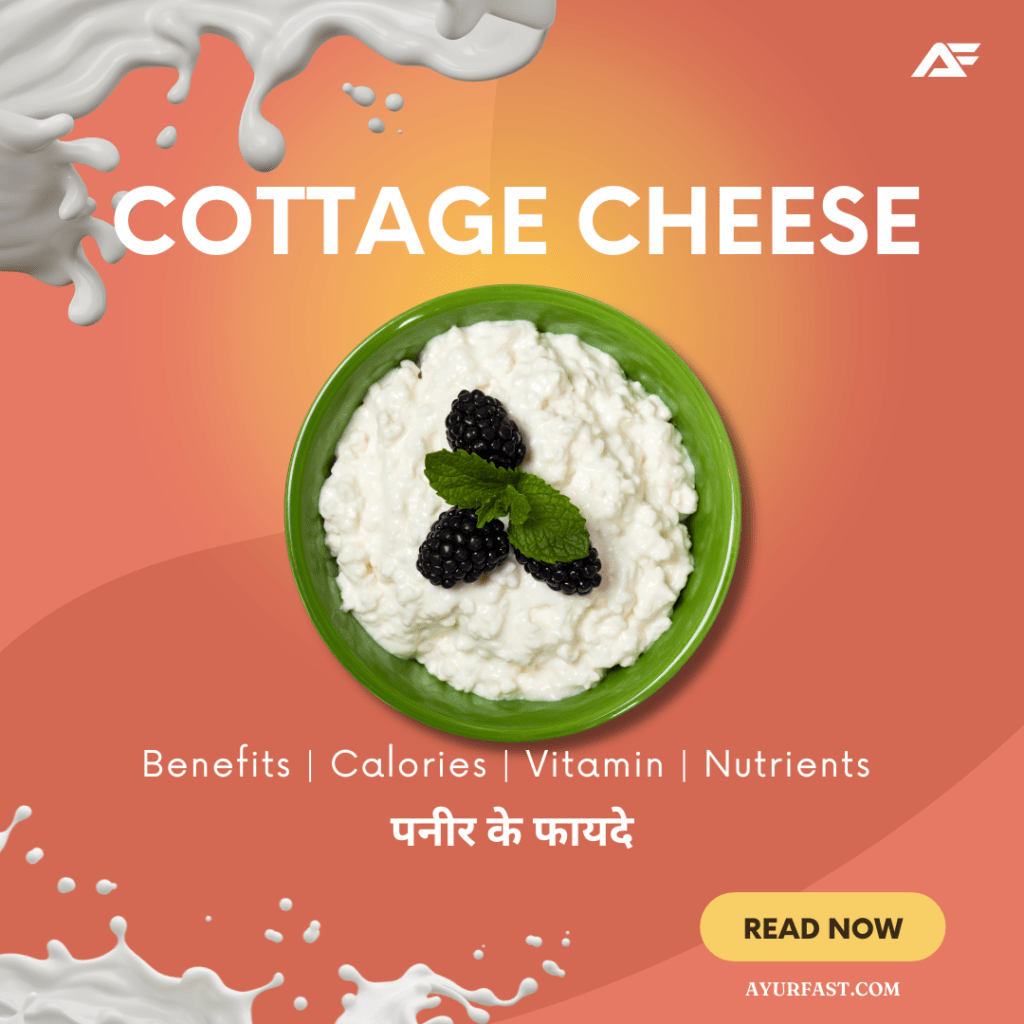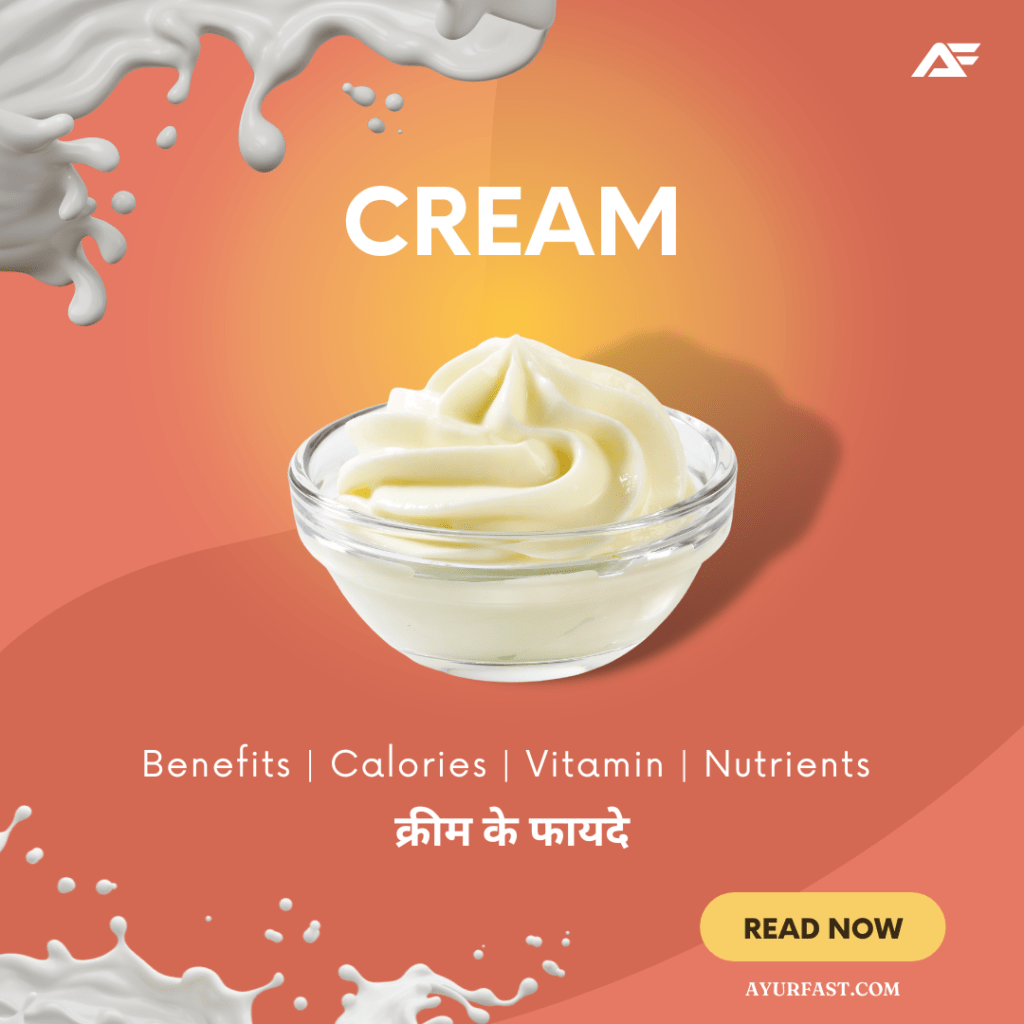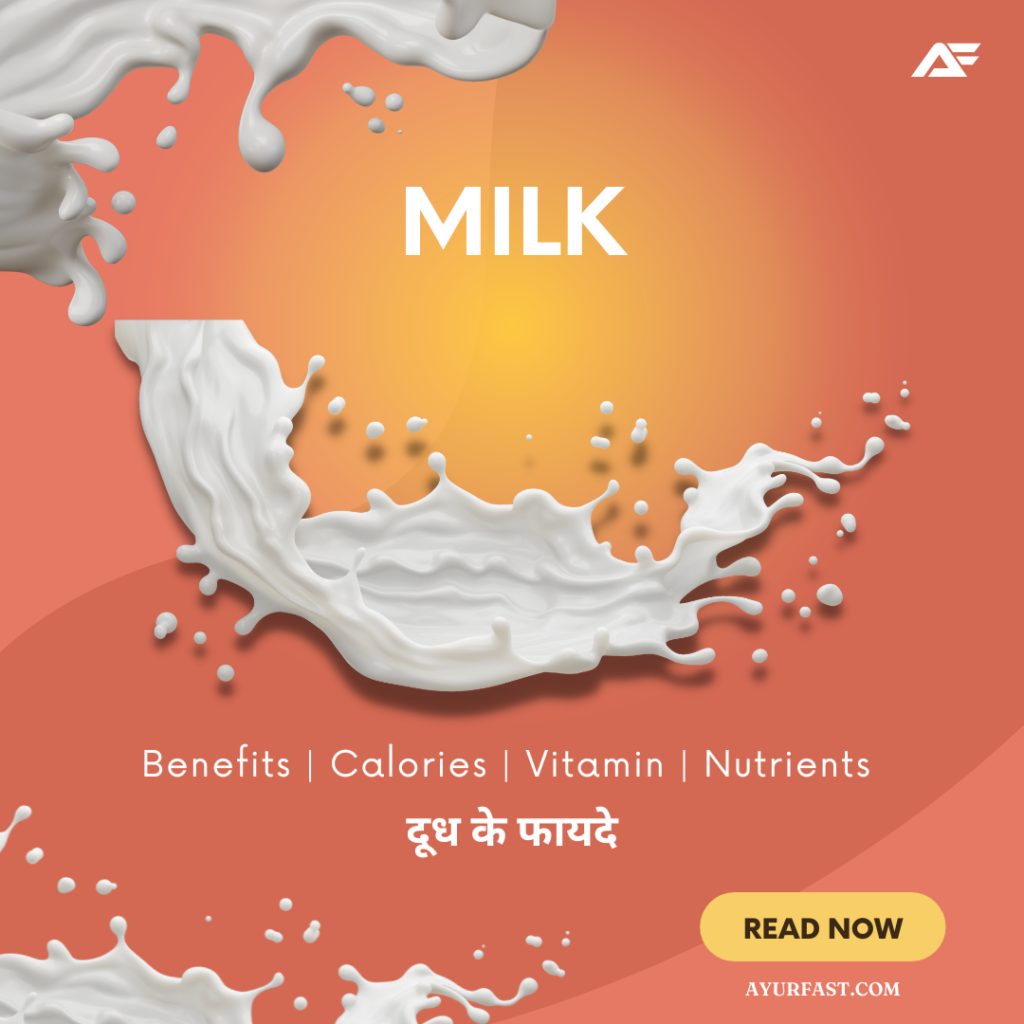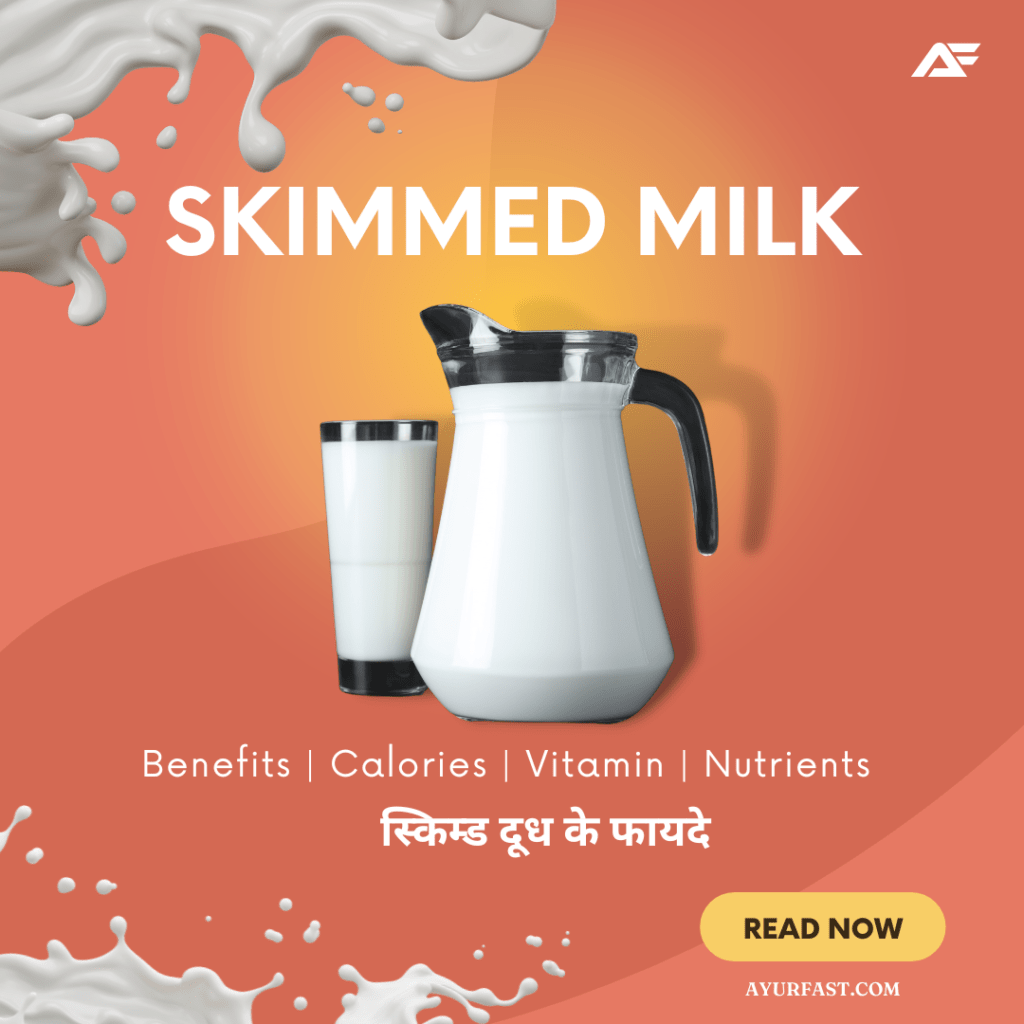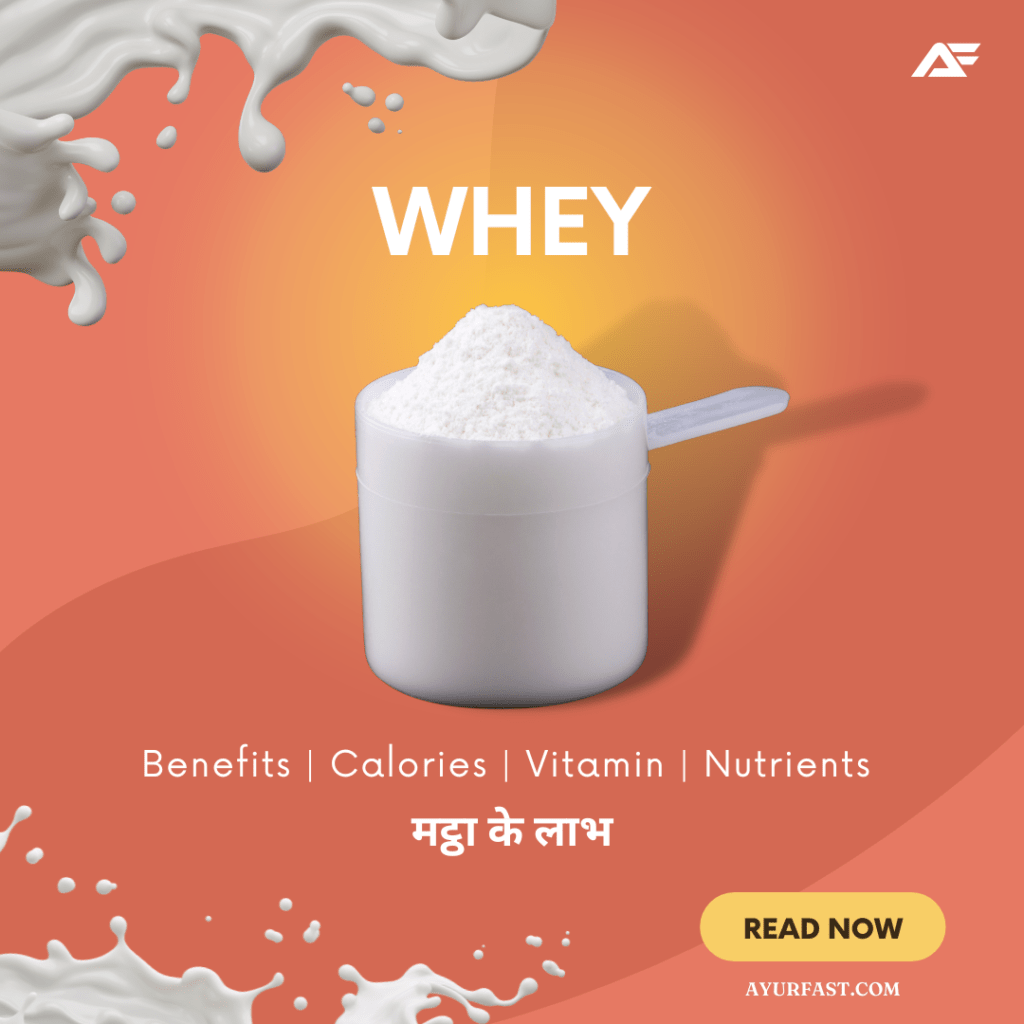About
Ghee is a type of clarified butter that has been used in Indian cooking for centuries. It is made by heating butter until the water content evaporates and the milk solids separate from the fat. The milk solids are then strained out, leaving behind pure butterfat. Ghee has a rich, nutty flavor and a high smoke point, making it ideal for cooking and frying.
Health Benefits of Ghee:
-
Boosts Immunity: Ghee is a rich source of butyric acid, a short-chain fatty acid that has anti-inflammatory and anti-cancer properties. It can help boost immunity and protect against infections.
-
Enhances Digestion: Ghee contains medium-chain fatty acids that are easily absorbed by the body and used for energy. It also stimulates the production of digestive enzymes, which can help improve digestion and nutrient absorption.
-
Good for the Heart: Ghee contains healthy fats that can help reduce cholesterol levels and improve heart health. It is also rich in vitamin K2, which can help prevent arterial calcification and reduce the risk of heart disease.
-
Promotes Weight Loss: Contrary to popular belief, ghee can actually help with weight loss. Its high concentration of healthy fats can help regulate appetite and promote satiety, reducing the urge to overeat.
-
Good for the Skin: Ghee contains vitamins A, D, and E, which are essential for healthy skin. It can help moisturize and nourish the skin from within, promoting a glowing complexion.
Health Risks of Ghee:
-
High in Saturated Fat: Ghee is high in saturated fat, which can increase the risk of heart disease if consumed in excess.
-
High in Calories: Ghee is calorie-dense and can contribute to weight gain if consumed in excess.
-
Lactose Intolerance: While ghee is made from butter, it is lactose-free and safe for those who are lactose intolerant. However, it is still a dairy product and may not be suitable for those with a dairy allergy.
Preparation Method of Ghee:
- Start by melting unsalted butter in a heavy-bottomed pot over low heat.
- As the butter melts, the water will evaporate, and the milk solids will start to separate from the fat.
- Skim off any foam or impurities that rise to the surface.
- Continue heating the butter until the milk solids turn golden brown and sink to the bottom of the pot.
- Strain the clear, golden liquid through a cheesecloth or fine-mesh strainer to remove any remaining solids.
- Allow the ghee to cool and solidify before storing it in an airtight container at room temperature.
Treatments Ghee can be used for:
-
Ayurvedic Medicine: Ghee is a staple in Ayurvedic medicine and is used to treat a variety of ailments, including digestive disorders, skin problems, and respiratory infections.
-
Cooking and Baking: Ghee is commonly used in Indian cuisine to add flavor and richness to curries, dal, and rice dishes. It can also be used in baking as a substitute for butter or oil.
-
Skincare: Ghee is a popular ingredient in natural skincare products due to its moisturizing and nourishing properties. It can be used as a body butter, lip balm, or facial moisturizer.
Harms of overdose:
Consuming ghee in excess can lead to weight gain, high cholesterol, and an increased risk of heart disease.
Per day maximum consumption chart by a child, adult man, adult woman:
The maximum recommended daily intake of ghee is:
- Child: 1 teaspoon
- Adult Man: 2-3 teaspoons
- Adult Woman: 1-2 teaspoons
Macronutrient Content of Ghee (per 50g serving)
| Nutrient | Amount |
|---|---|
| Calories | 360 |
| Carbohydrates | 0g |
| Fat | 40g |
| Protein | 0g |
| Fiber | 0g |
| Water Content | 0g |
Vitamin Content of Ghee (per 50g serving)
| Vitamin | Amount |
|---|---|
| Vitamin A | 1500IU |
| Vitamin D | 0IU |
| Vitamin E | 1.5mg |
| Vitamin K | 3mcg |
| Vitamin C | 0mg |
| Thiamin | 0mg |
| Riboflavin | 0.03mg |
| Niacin | 0mg |
| Vitamin B6 | 0mg |
| Folate | 2mcg |
| Vitamin B12 | 0mcg |
| Biotin | 0mcg |
Mineral Content of Ghee (per 50g serving)
| Mineral | Amount per 50g serving of ghee |
|---|---|
| Calcium | 17.5 mg |
| Iron | 0.03 mg |
| Iodine | 0 mcg |
| Zinc | 0.09 mg |
| Magnesium | 0 mg |
| Phosphorus | 0 mg |
| Potassium | 0 mg |
| Sodium | 0.5 mg |
| Chloride | 0 mg |
| Copper | 0.03 mg |
| Chromium | 0 mcg |
| Fluoride | 0 mcg |
| Molybdenum | 0 mcg |
| Manganese | 0 mg |
| Selenium | 0.2 mcg |
What is ghee?
Ghee is a type of clarified butter that is commonly used in Indian cuisine.
How is ghee made?
Ghee is made by simmering butter over low heat until the milk solids separate and the water evaporates, leaving behind a golden liquid.
What are the health benefits of ghee?
Ghee is a rich source of healthy fats and contains vitamins A, D, and E. It may improve digestion, boost immunity, and promote heart health.
Is ghee lactose-free?
Yes, ghee is lactose-free as the milk solids are removed during the clarifying process.
What is the difference between ghee and butter?
Ghee is made from butter, but the milk solids and water are removed, making it a more concentrated source of healthy fats.
Is ghee vegan?
Ghee is not vegan as it is made from butter, which is derived from milk.
What is the nutritional value of ghee?
Ghee is high in healthy fats, vitamins A, D, and E, and has a low lactose content.
What is the shelf life of ghee?
Ghee has a long shelf life of up to a year if stored properly in an airtight container.
What is the traditional use of ghee in Ayurveda?
Ghee has been used in Ayurvedic medicine for centuries as a healing and nourishing food.
How to store ghee?
Ghee should be stored in an airtight container in a cool, dry place, away from direct sunlight.
Is ghee good for skin?
Ghee is rich in vitamins and fatty acids that may help moisturize and nourish the skin.
Is ghee good for hair?
Ghee may help condition and nourish hair, making it softer and more manageable.
Is ghee good for digestion?
Ghee may improve digestion by increasing the absorption of nutrients and stimulating the production of digestive enzymes.
How to use ghee for cooking?
Ghee is a versatile cooking fat that can be used for frying, sautéing, and baking.
Is ghee good for weight loss?
Ghee is high in healthy fats, which may promote feelings of fullness and help control appetite, making it a potential aid for weight loss.
Is ghee good for heart health?
Ghee may promote heart health by reducing inflammation and improving cholesterol levels.
Is ghee good for brain health?
Ghee contains healthy fats that may help nourish the brain and improve cognitive function.
Is ghee good for metabolism?
Ghee may help boost metabolism by increasing the production of bile, which is essential for the breakdown and absorption of fats.
Is ghee good for babies?
Ghee is a nutrient-dense food that may be beneficial for babies as it provides essential vitamins and healthy fats.
What is grass-fed ghee?
Grass-fed ghee is made from the milk of grass-fed cows, which may result in a higher concentration of healthy fats and essential nutrients.

